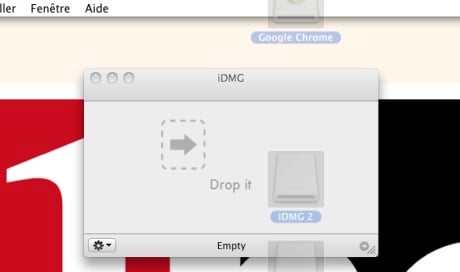

An ultimate customer may be a consumer as well, but just as equally may have purchased items for someone else to consume. A customer purchases goods a consumer uses them. Ī customer may or may not also be a consumer, but the two notions are distinct. an end user or ultimate customer who does not re-sell the things bought but is the actual consumer or an agent such as a Purchasing officer for the consumer.an entrepreneur or trader (sometimes a commercial Intermediary) - a dealer who purchases goods for re-sale.In the 21st century customers are generally categorized into two types: Customers Ĭlients who habitually return to a seller develop customs that allow for regular, sustained commerce that allows the seller to develop statistical models to optimize production processes (which change the nature or form of goods or services) and supply chains (which change the location or formalize the changes of ownership or entitlement transactions).Īn "end customer" denotes the person at the end of a supply chain who ultimately purchases or utilised the goods or services. Unlike regular customers, who buy merely on price and value, long-term clients buy on experience and trust.
#Idmg customers professional#
Winning a client is, therefore, a singular event, which is why professional specialists who deal with particular problems tend to attract long-term clients rather than regular customers. It is widely believed that people only change their habits when motivated by greed and fear. The term client is derived from Latin clients or care meaning "to incline" or "to bend", and is related to the emotive idea of closure. Although such distinctions have no contemporary semantic weight, agencies such as law firms, film studios, and health care providers tend to prefer client, while grocery stores, banks, and restaurants tend to prefer customer instead. Customers are generally said to be the purchasers of goods and services, while clients are those who receive personalized advice and solutions.

Later, as commerce developed, less permanent human relations were formed, depending more on transitory needs rather than enduring social desires. Etymology and terminology Įarly societies relied on a gift economy based on favours. In sales, commerce, and economics, a customer (sometimes known as a client, buyer, or purchaser) is the recipient of a good, service, product or an idea - obtained from a seller, vendor, or supplier via a financial transaction or exchange for money or some other valuable consideration. For the British rock band, see The Clientele.


 0 kommentar(er)
0 kommentar(er)
